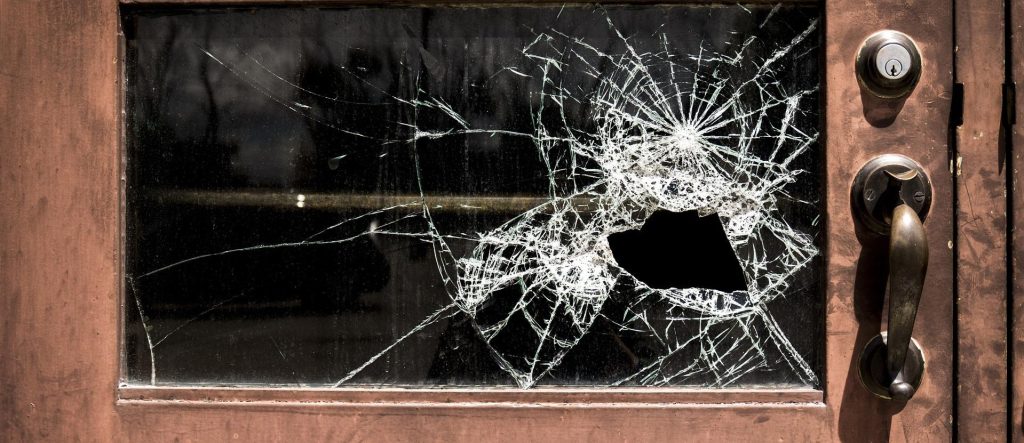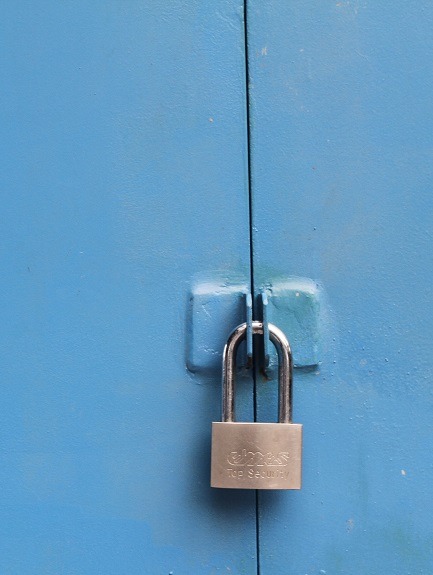
Or just an especially inhuman one?
Several recent stories paint a complex picture.
Brooklyn Deed Theft Turns Strangers Into Organizers
Retired Brooklyn cab driver Ray Cortez bought a home way back in 1969 at St. Marks Place. It cost about $20,000. By the turn of the century, Ray had paid off the mortgage.
Today, Ray is coping with cognitive decline. And he faces eviction from his longtime home.
Ray has been entangled by the type of fraud whose targets are often older people, trusting people, and people of modest means. Sneaky manipulators find ways to re-deed a home’s title, taking proof of ownership out of the owner’s hands by filing new paperwork with the county recorders’ offices.
The alleged perpetrator denies the stealing Ray Cortez’s title. Now, the neighbors are organizing around Ray’s cause. Since March, they’ve been collecting signatures. They’re urging locals to press for action from Borough leaders and the Brooklyn D.A., and State Attorney General Letitia James.
Shady Rescuer
In the late 1990s, Ray was out of work and needed a loan. He met an apparent rescuer who promised to help.
This is a typical turn in a title theft narrative. House stealing often involves someone previously unknown to its target. And the targets, like Ray, are often people with pressing financial needs.
After that, a series of mysterious liens were placed on the home in Cortez’s name — then paid off. In 2006, Ray signed the house deed over to the supposed helper — temporarily, in hopes of getting a loan to fix up the property and rent part of it out.
Ray agreed to sell the home for $835,000, but apparently never received the money. And the “helper” immediately mortgaged the house for $668,000. A lawyer drafted paperwork to return the house to Ray. It was left unrecorded. Ray figured out the home wasn’t his in 2015, after foreclosure papers arrived at the house citing the buyer’s mortgage nonpayment. Wells Fargo handled the foreclosure case. Diligence on the part of the bank in the title examination, says Ray Cortez’s lawyer, might have changed the story.
Ray’s lawyer calls the case “egregious” and believe the system failed the victim. In the months and years following the conveyance, a judge denied the Cortez family’s request to stop the foreclosure. Another court dismissed a legal action alleging fraud.
Deed theft cases are watched by the Department of Finance. But it’s hard to get a title back once it’s transferred. Ray’s title transfer, dating from 2006, is now past the criminal statute of limitations. A developer paid $2 million at the foreclosure sale, and has filed an eviction action to get Ray out of the house.
Meanwhile, in Texas…

A former code enforcement worker has been criminally charged over an alleged forgery of an elderly South Austin resident’s signature. The idea was to take a house deed before the homeowner, Lynn Sissney, died in February 2021.
The perpetrator allegedly cancelled a number of code violations on Lynn’s house before she died, in anticipation of taking the asset. He also started paying the home’s property taxes after she died — in cash.
As a general matter, the employees of county deed recorders’ offices have to simply take people’s filings, as long as they meet the procedural requirements. They can’t refuse to file something that arouses their suspicions.
Even so, in this case, the city auditor’s office noticed problems on the deed, which was filed with Travis County. Lynn Sissney’s signature doesn’t match the signature on the new deed. The Austin police have opened an investigation. The felony charges are theft and deed forgery.
People who knew the late owner said she wanted the house to go to her nephew.
But Is Deed Theft as Common as the Commercials Say?
An ABC News investigation has questioned the claims and experts featured in Home Title Lock commercials on national TV, radio, and the internet. In these ads, Rudy Giuliani and other familiar talkers warn about deed forgeries whose perpetrators sell or take loans out on the homes they grab. Sometimes they might return the deeds, but then the original owners get stuck with the debts.
For $199 a year, Home Title Lock promises to monitor a homeowner’s title and help victims reclaim stolen homes. The company dramatizes terrible cases of fraud. ABC questioned whether real victims of deed fraud are being shown in the ads. The investigative team also called out some “experts” touting Home Title Lock without disclosing their own ties to the company. Two ex-FBI agents who appear as endorsers have notable financial interests that wouldn’t be clear to the casual viewer.
And while the commercials say the FBI calls title theft “one of the fastest-growing” schemes, the FBI itself doesn’t actually say that.
It’s true that title theft happens, especially in big cities. ABC News notes that New York City got 154 title theft complaints in 2021. Philadelphia got 53. But the FBI doesn’t keep track of title theft. On the federal level, these incidents are categorized as real estate and rental crime, bundled together with many other types of exploits.
In general, real estate crime of all types ranks among the top five costly forms of internet crime. House title scams embittered many lives in the housing crisis of 2007-2009. And house stealing has never stopped. One reason? Investigations into suspected deed fraud usually only happen after the dastardly deed is already recorded.
ABC News asked Home Title Lock whether the company could show any real-life troubles they solved for real fraud victims. Are they getting titles back? How much are they willing to invest in the customer who makes a claim for a lost house title?
The company did not give the news team any of the requested proof.
Guarding Our Titles: Key Precautions to Take
The legal work it takes to catch a title thief adds up to a complex and pricey job. If an ounce of prevention were ever worth a pound of cure, it is here.
At least the need for notarization makes house-stealing a relatively complicated crime. And counties and cities are stepping up to offer homeowners free online notifications whenever something is filed against their deeds. Check with your county and sign up if a notice service is available.
Be suspicious of any “helper” (other than your mortgage company or the bank holding your loan) who offers to help you obtain a loan or stop a foreclosure. Do not pay in advance for mortgage assistance services. Do not give out your personal information. Never sign over your need in exchange for help.
And if something suspicious is occurring, report it. If not for your own sake, for the Rays and Lynns of the world.
Supporting References
Chau Lam for Gothamist.com: Homeowner of More Than 50 Years Faces Eviction From His Own House (Jun. 27, 2022).
Sarah Asch for the Austin American-Statesman: Former City Code Enforcement Employee Accused of Forging Deed on Austin Home (Jun. 10, 2022).
Mike Levine for ABC News: Questionable Claims Found in Home Title Lock’s Ads – An ABC News Investigation (Jun. 14, 2022).
Photo credits: paulsbarlow7 via Pixabay, and Muhammad Zaqy Al Fattah, via Unsplash.
